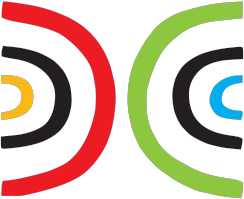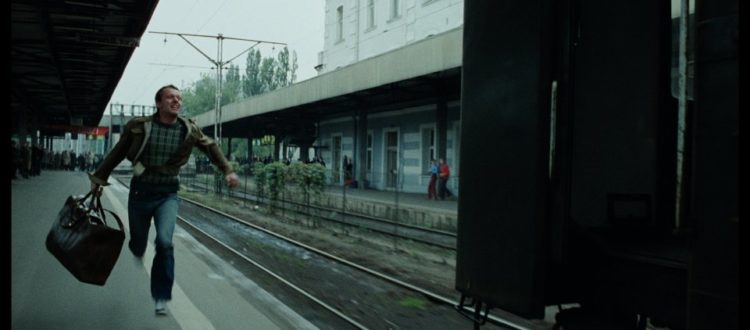Blind Chance
The movie starts with the scene when the medicine student Witek is late for the train. While he reaches the platform, he still tries to jump into the speeding car. This is the moment the director shows us three alternative stories, which depend just on the titular blind chance. In the first story Witek manages to jump into the car. He meets a man who will change his life completely. The second story shows the fight between Witek and the officer who tries to keep him from jumping. This situation ends for our character with a month sentence of community work and further consequences. In the third situation Witek misses the train again but his life goes with the plan – he becomes a doctor. Kieslowski wonders how strange people’s fate is, he asks whether the hero would hold to the same values in different situations and to what degree a blind chance may influence his biography. Whether this may change his views or determine Witek’s place in the society. This exeptional narration of „Blind Chance” inspired many other filmmakers like Tom Tykwer who directed „Run Lola, Run” in 1998.
About the director:
Krzysztof Kieslowski (1941-1996), the director respected worldwide who started his career as a documentalist. He was among the authors of so called “the Cinema of Moral Anxiety” who decided to direct their cameras closer to the reality at the end of seventies. They wanted to show real people and real problems through the screen fiction. The man, his ethical choices and existential problems were the centre of Kieslowski’s work. The director created the unique TV series “Decalogue” which was an attempt of modern interpretation of 10 commandments, basic ethical rules which formed the culture of Christianity and Judaism. The counsellor Krzysztof Piesiewicz was Kieślowski’s regular collaborator with whom he wrote most of his screenplays. In his late days of work the director was interested in metaphysics which you may see in his movies produced in France in the nineties “Double vie de Veronique” and the trillogy “Three Colors: Blue, White, Red” which symbolically alludes to three colors of the French flag.
Most important films:
- 1979 „Camera Buff”
- 1981 „Bling Chance”
- 1984 „No End”
- 1987 „A Short Film About Killing”
- 1988 „A Short Film About Love”
- 1991 „The Double Life of Veronique”
- 1993 „Three Colours: Blue”

